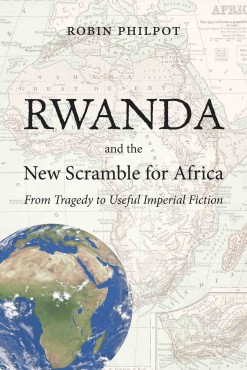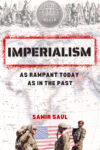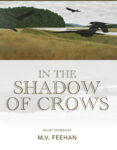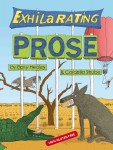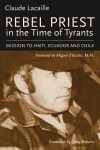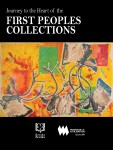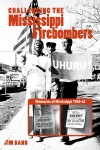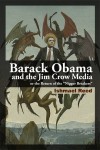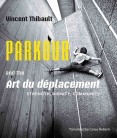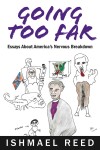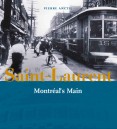Description
“… essential reading.” Edward S. Herman
An accepted narrative holds that horrible Rwandan Hutu génocidaires planned and executed a satanic scheme to eliminate nearly a million Tutsis after a mysterious plane crash killed the former president of Rwanda on April 6, 1994. Yet former UN Secretary General Boutros-Ghali says, “the Rwandan genocide was 100 percent American responsibility.” Where lies the truth?
Based on vast research, extensive interviews, and close analysis, this fascinating account shows not only that the accepted narrative is false but also that it has been edified to cover-up the causes of the tragedy, protect the criminals responsible for it and then justify the invasion of the Congo.
***
The book comprises three parts. The first part addresses the little-discussed but crucial events preceding the assassination of the presidents of Rwanda and Burundi

Former UN Secretary General Boutros Boutros-Ghali declared, “The Rwandan genocide was 100% American Responsibility.”
on April 6, 1994, which triggered massive killings. These include the invasion in 1990, drawn-out guerrilla and terrorist warfare, imposition of a new political and economic order followed by an ill named “peace process” that sanctified the occupation of the country by the invading army, and the assassination of two African heads of state.
The second part, “The Heart of Dark Imaginations,” shows how popular literature on Rwanda has been built on the old clichés, metaphors, and conventions generated during 400 years of slavery, the slave trade, and colonialism, and helped justify them. The resulting narrative is perfectly crafted for the “new scramble for Africa.”
The third part takes down the so-called international criminal justice as applied to Rwanda and explains how and why the murderous, never-ending war in Congo began.
***
Praise
“Robin Philpot’s Rwanda and the New Scramble for Africa effectively dismantles a remarkable structure of disinformation on an important area and topic and it throws light on the broader thrust of imperial policy. This book is essential reading.” Edward S. Herman, Co-author of Manufacturing Consent (with Noam Chomsky) and The Politics of Genocide (with David Peterson).
“..well-documented … astute analysis.” Pierre-Damien Mvuyekure, Professor of English, University of Iowa in Ishmael Reed’s Konch
“Philpot has provided us with an invaluable resource for understanding the Rwandan tragedy and for countering those who cite the tragedy in order to justify Western military interventions.” Yves Engler, Montreal Review of Books
“Robin Philpot’s book makes an extremely valuable contribution … Rwanda and the New Scramble for Africa is an essential read for anyone interested in understanding the roots of the Rwandan tragedy.” Dan Glazebrook, Read more Counterpunch
“The author makes strong, compelling cases…. Rwanda and the New Scramble for Africa presents an illuminating investigation of the Rwandan crisis that will often grip the attention of serious readers and foreign policy experts.” Karl Helicher, Foreword Reviews, 27 Feb. 2014
“Explosive, very daring and solidly defended … a real bomb that rocks our interpretation of the Rwandan tragedy!” Le Devoir, Montreal
“Philpot’s investigations show that behind all the words can be found an operation to destabilize and remodel the region.” Africa International, Paris
***
In Slouching Towards Sirte, NATO’s War on Libya and Africa Max Forte wrote, “Everywhere is Rwanda for the humanitarian imperialist, which makes one want to know what really happened there in 1994.” This book attempts to answer that question.
Rwanda and the New Scramble for Africa, which is part of Baraka’s Africa, African Diaspora, and International Politics collection, appears as we approach the 20th anniversary of one of the worst tragedies in modern history.
Robin Philpot is a Montréal writer, translator, and publisher. Born in Thunder Bay, Ontario and a graduate of the University of Toronto, he lived and worked in Africa for several years before settling in Montreal, Quebec. He is the author of six books in French on international politics and on Quebec and Canadian political issues. He is also co-author of A People’s History of Quebec.
Related works
Visited 22068 times , 7 Visits today

